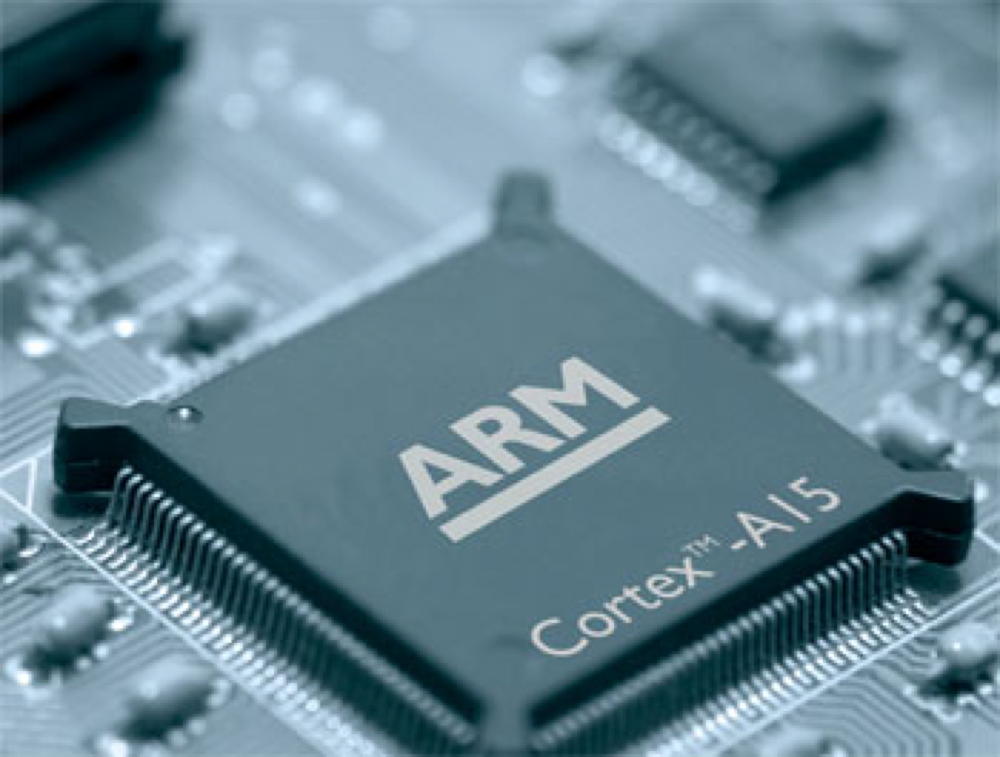Intel Rejects ARM Approach To Purchase Product Unit – Report

Not for sale. Intel rebuffs another acquisition approach, after ARM reportedly inquires about Intel’s product division
Troubled chip giant Intel has reportedly been approached again over a potential acquisition – this time from UK chip designer ARM Holdings.
Bloomberg reported that ARM Holdings had approached Intel about potentially acquiring the company’s product division, but was told that the business is not for sale. Intel’s product division sells chips for PCs, servers, and networking equipment.
It comes after mobile chip giant Qualcomm earlier this week had reportedly approached Intel with a takeover offer, as Intel struggles with one of the worst crises in its history.

Intel’s troubles
Intel’s shares have dropped by roughly 60 percent this year as the company has struggles to implement a strategic shift centred on its foundry business, in which it faces tough competition from dominant contract chip manufacturer Taiwan Semiconductor Manufacturing Company (TSMC).
It was back in March 2021 when Gelsinger had implemented Intel’s turnaround plan (IDM 2.0), which was designed to regain the company’s competitive edge, and help it focus on revitalising its manufacturing capabilities (including manufacturing chips for other companies), investing in advanced chip technologies, and expanding into new markets.
But the turnaround has not exactly gone to plan.
Intel shed staff in both 2022 and 2023, but then last month the firm shocked the world when it revealed disappointing second quarter financial results, and confirmed it would cut 15 percent of its 116,500 strong workforce (roughly 15,000 jobs).
Gelsinger’s confirmation that “costs are too high, our margins are too low”, coupled with weak forecasts and the suspension of dividend payments to investors, triggered the largest single day drop in Intel’s stock price in 50 years, after it plummeted 26 percent on 2 August. This caused Intel’s market value to sink more than $32 billion in a single day.
Angry Intel shareholders then sued the firm, alleging the chipmaker fraudulently concealed problems that led it to post weak Q2 results, slash jobs and suspend its dividend payment.
Strategic changes
Intel then sold its stake in ARM Holdings, and shortly after that semiconductor veteran Lip-Bu Tan resigned “effective immediately” from Intel’s board of directors, amid reports of differences with CEO Gelsinger over what Tan considered Intel’s bloated workforce, risk-averse culture, and lagging AI strategy.
Tan’s exit reportedly left a vacuum of chip-industry technical and business acumen on Intel’s board, which is said to be mostly populated by leaders in academia and finance, and former senior executives from the medical, tech and aerospace industries.
Last month it was reported that Intel was exploring its strategic options, allowing the board to consider a full range of options, including splitting off and selling the businesses.
Earlier this month Intel confirmed that it plans “to establish Intel Foundry as an independent subsidiary inside of Intel.”
The company also confirmed plans to pause construction on factories in Poland and Germany, and reduce its real estate holdings.